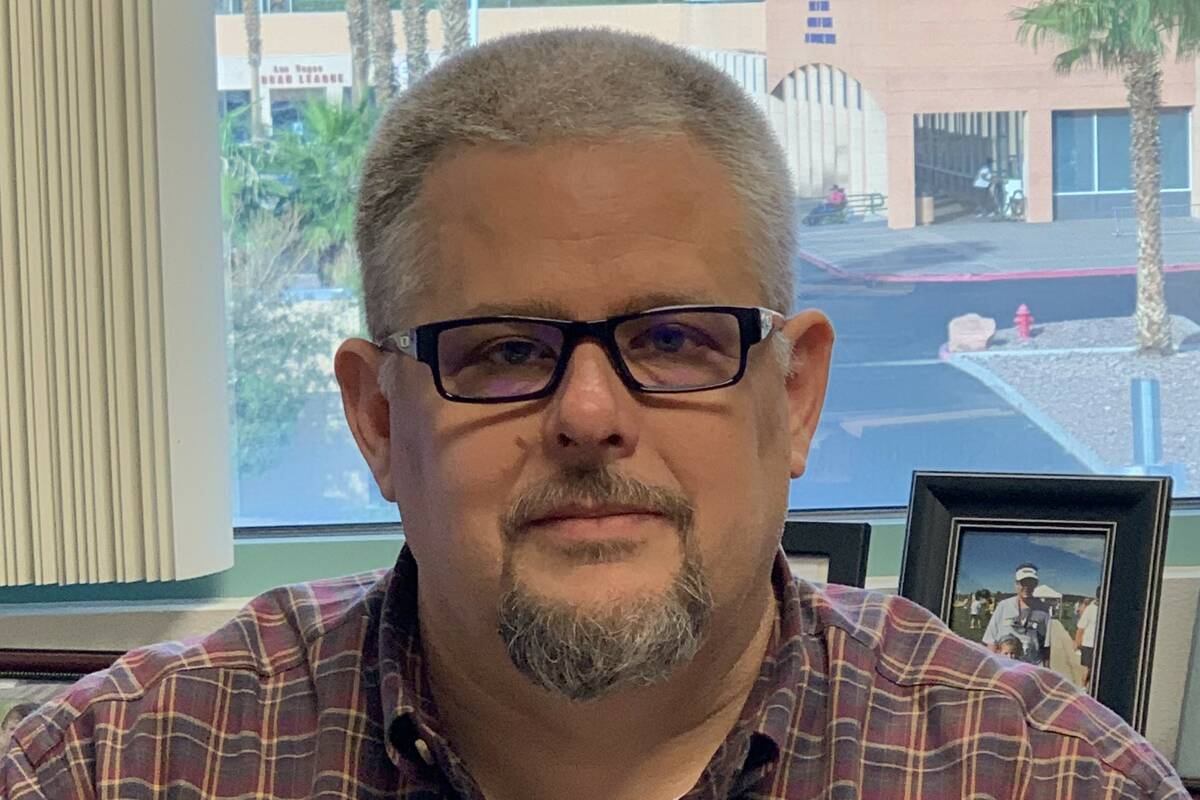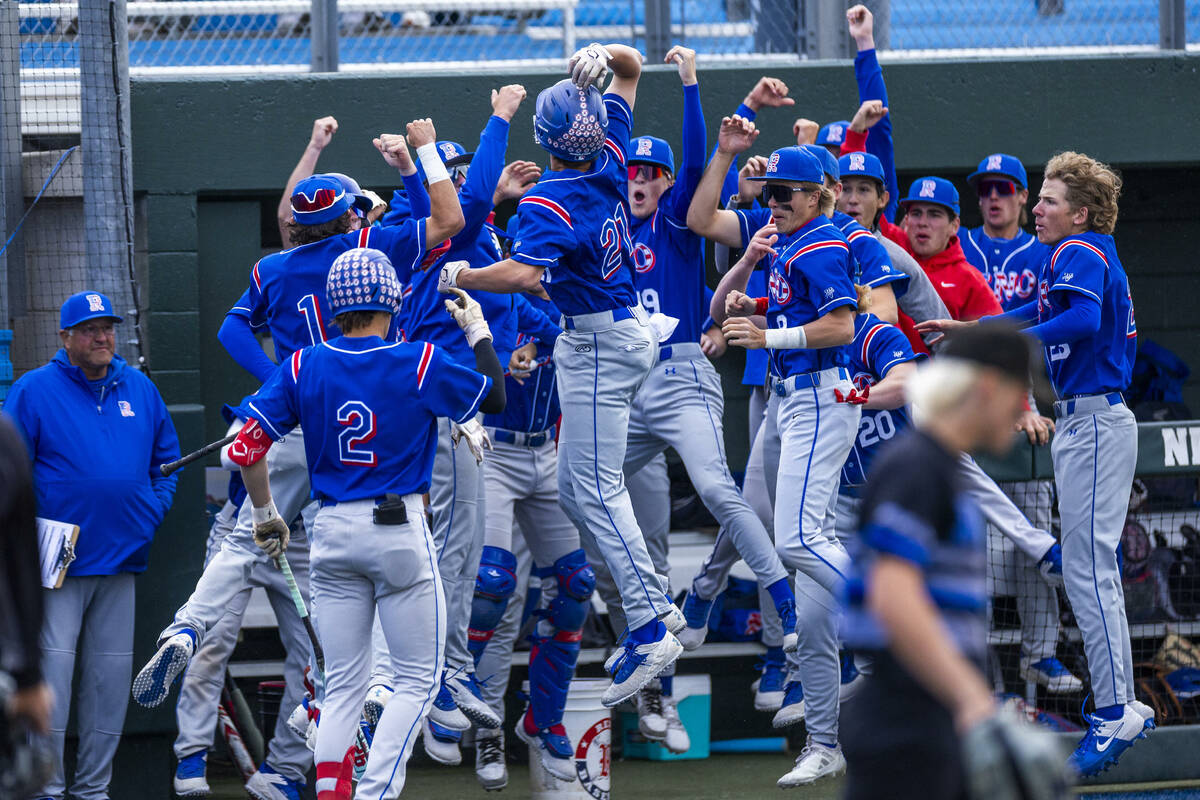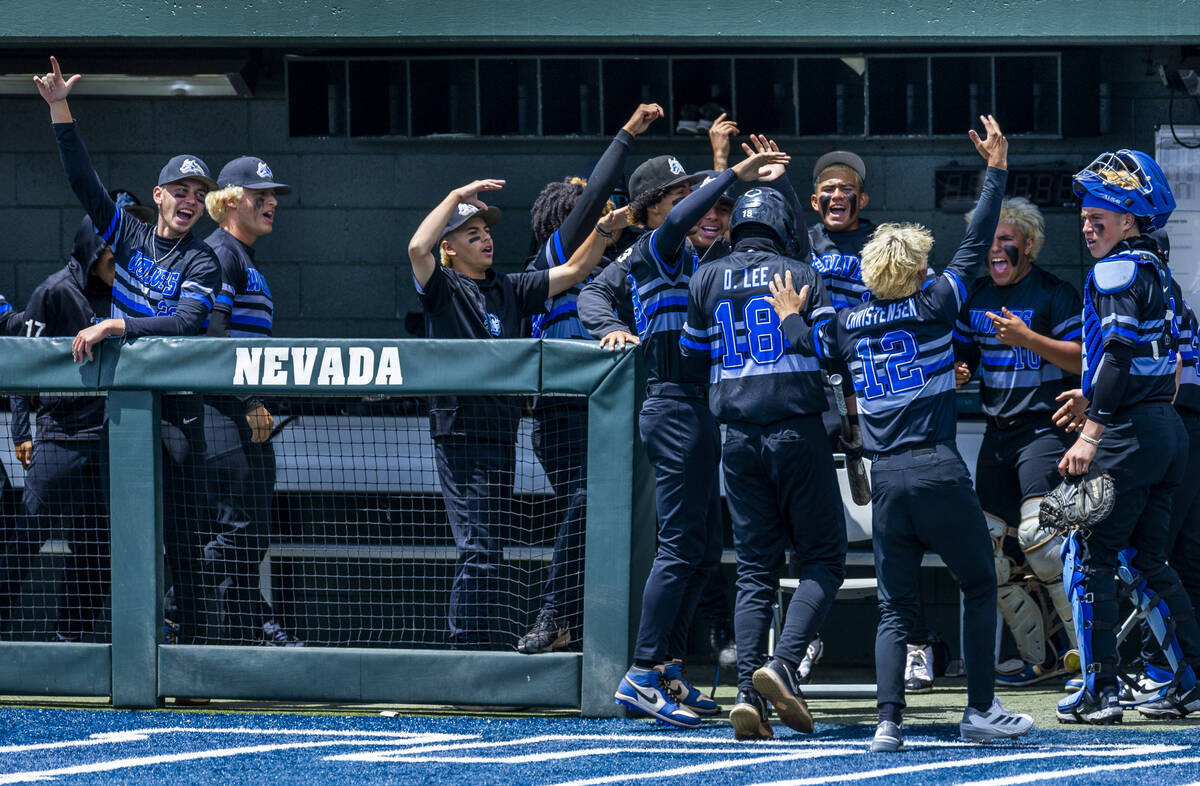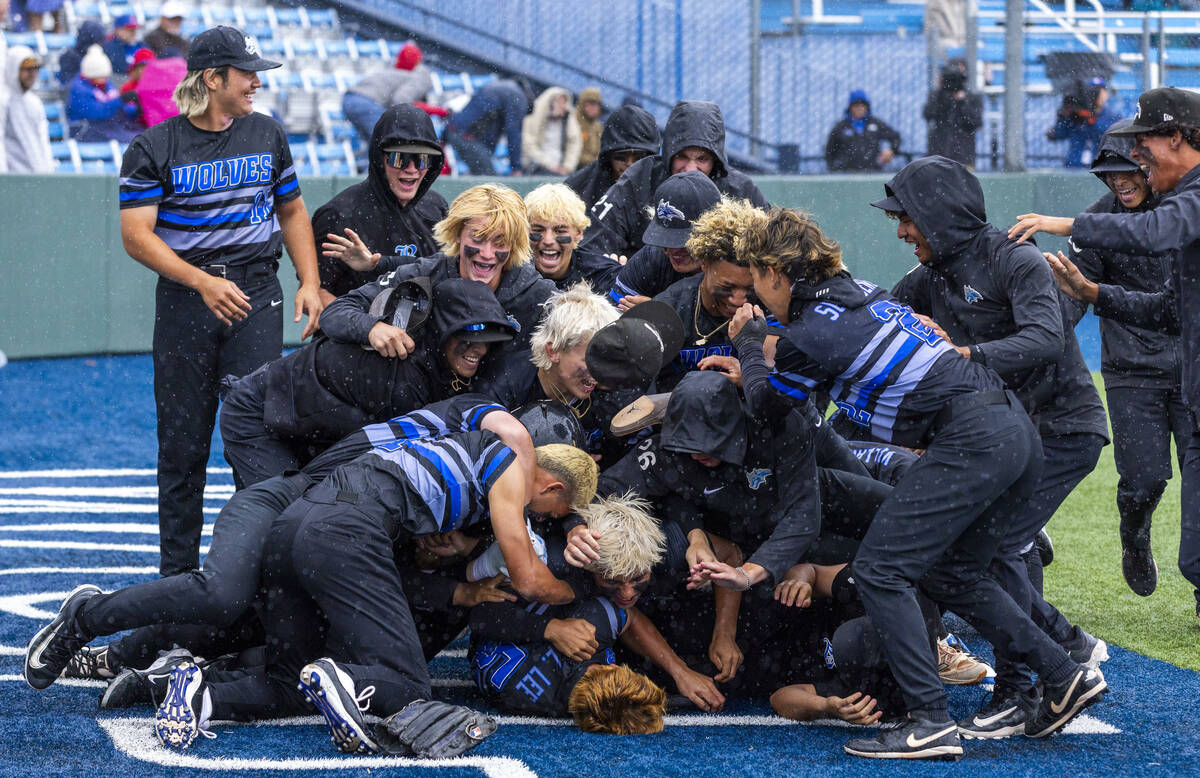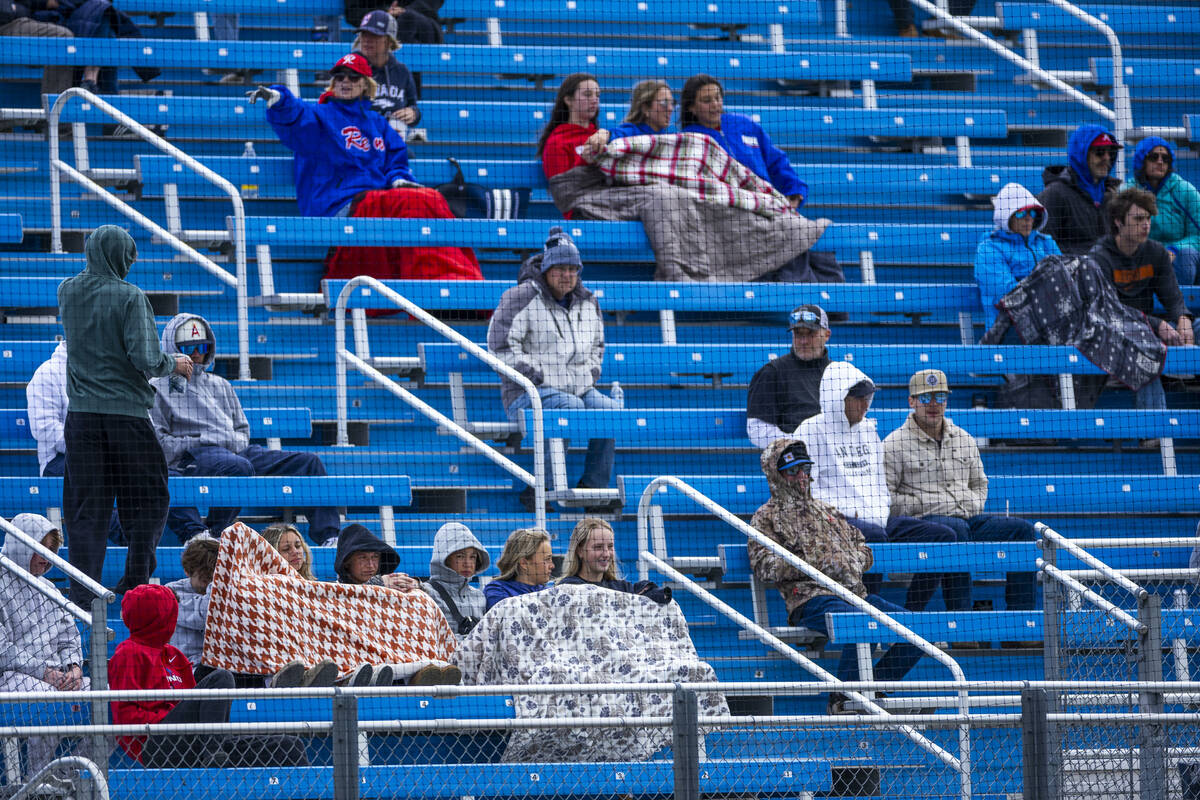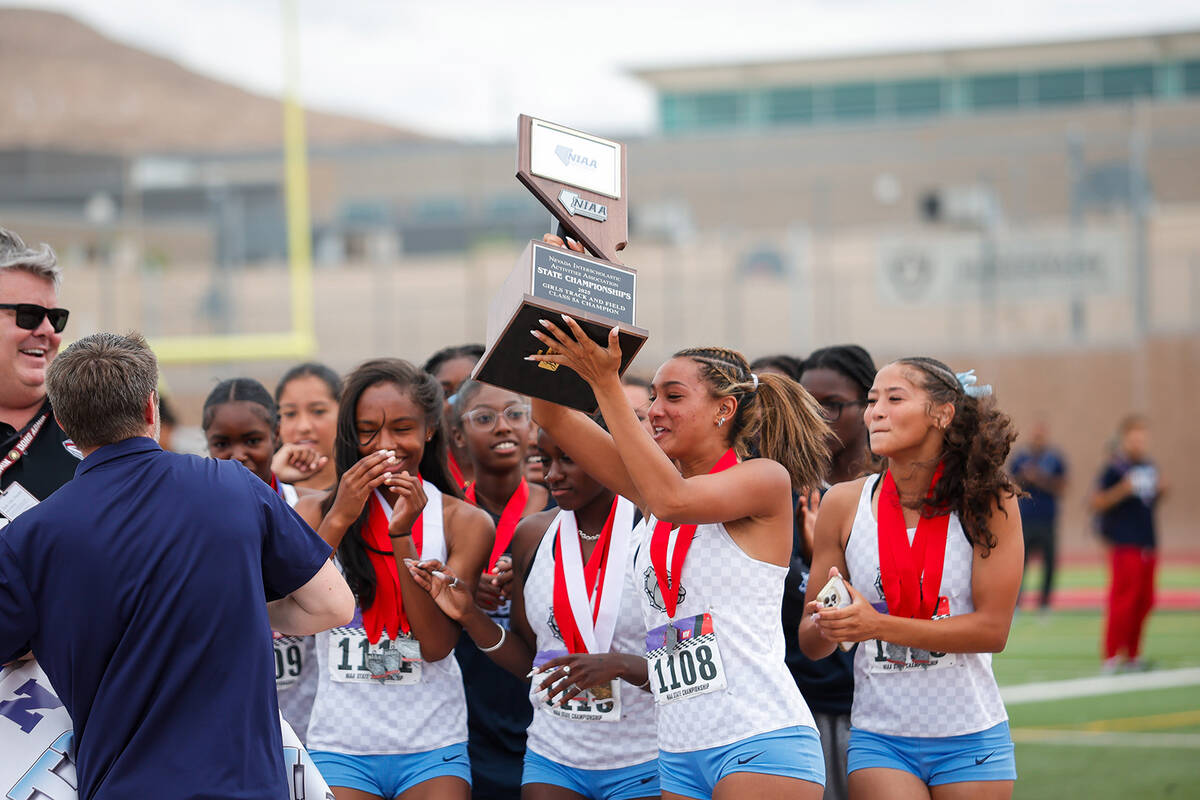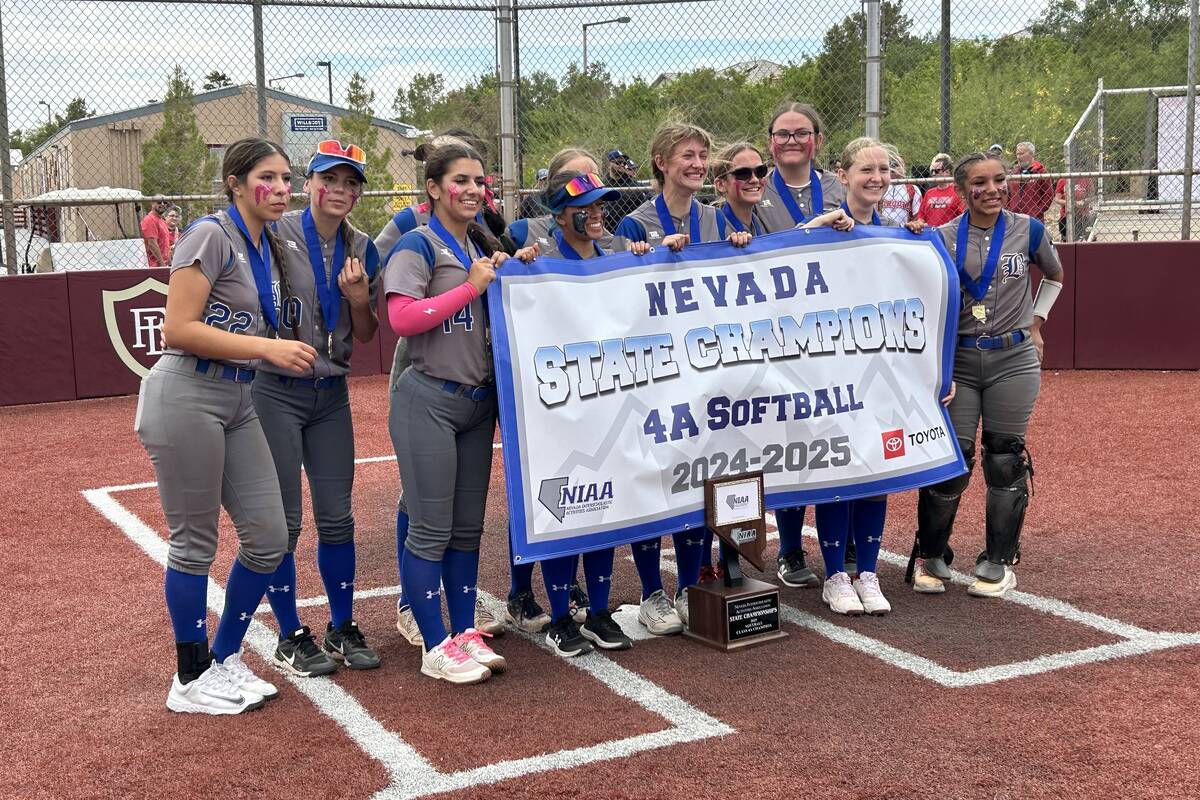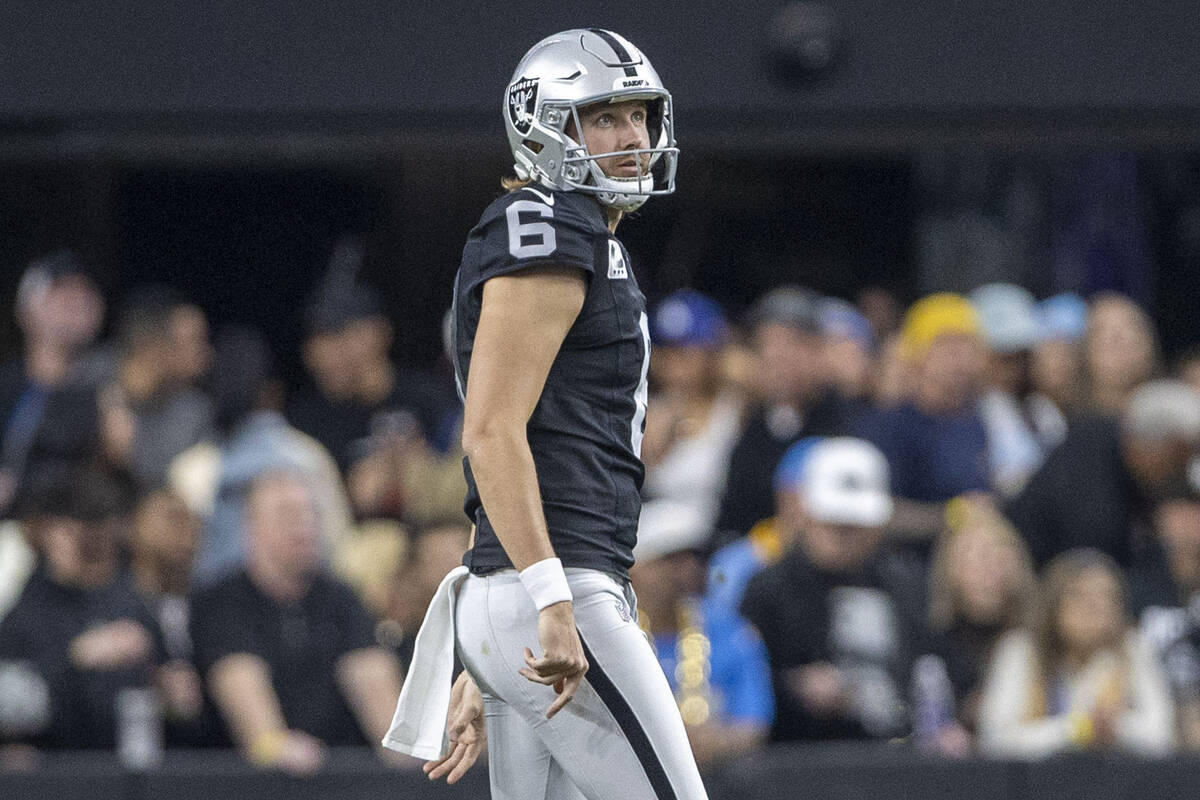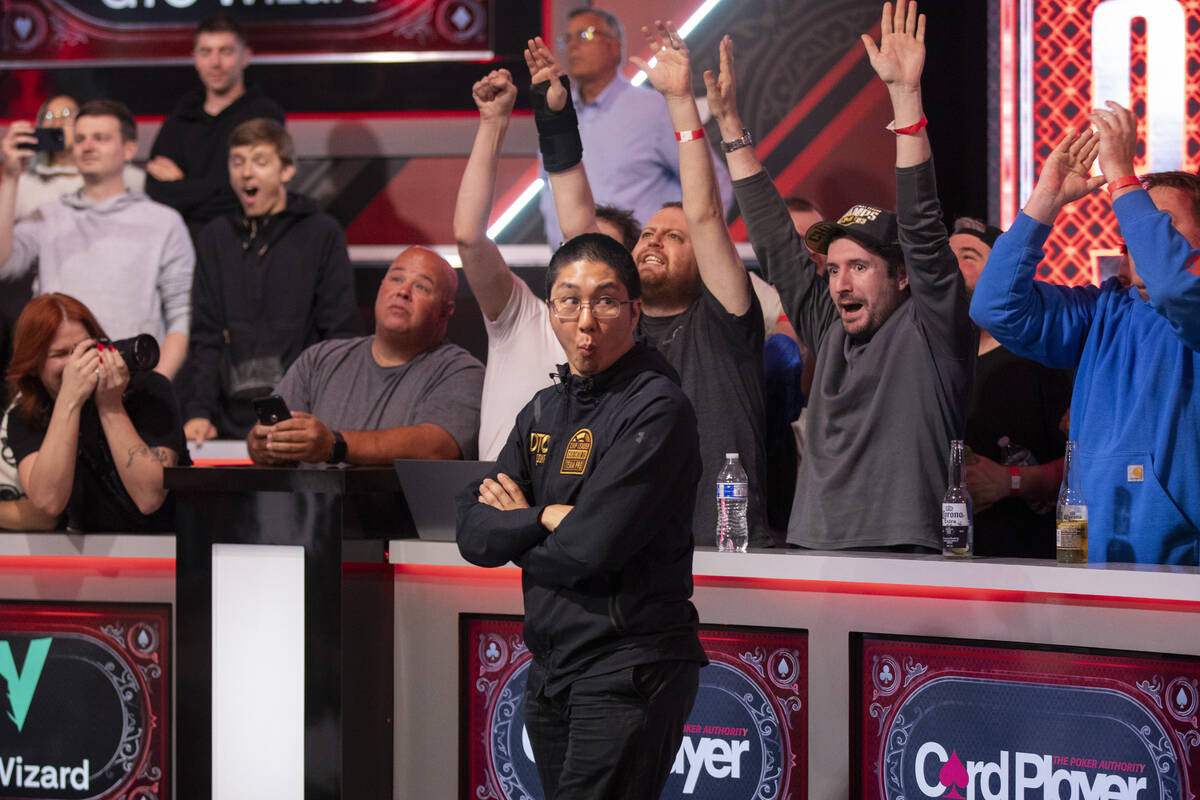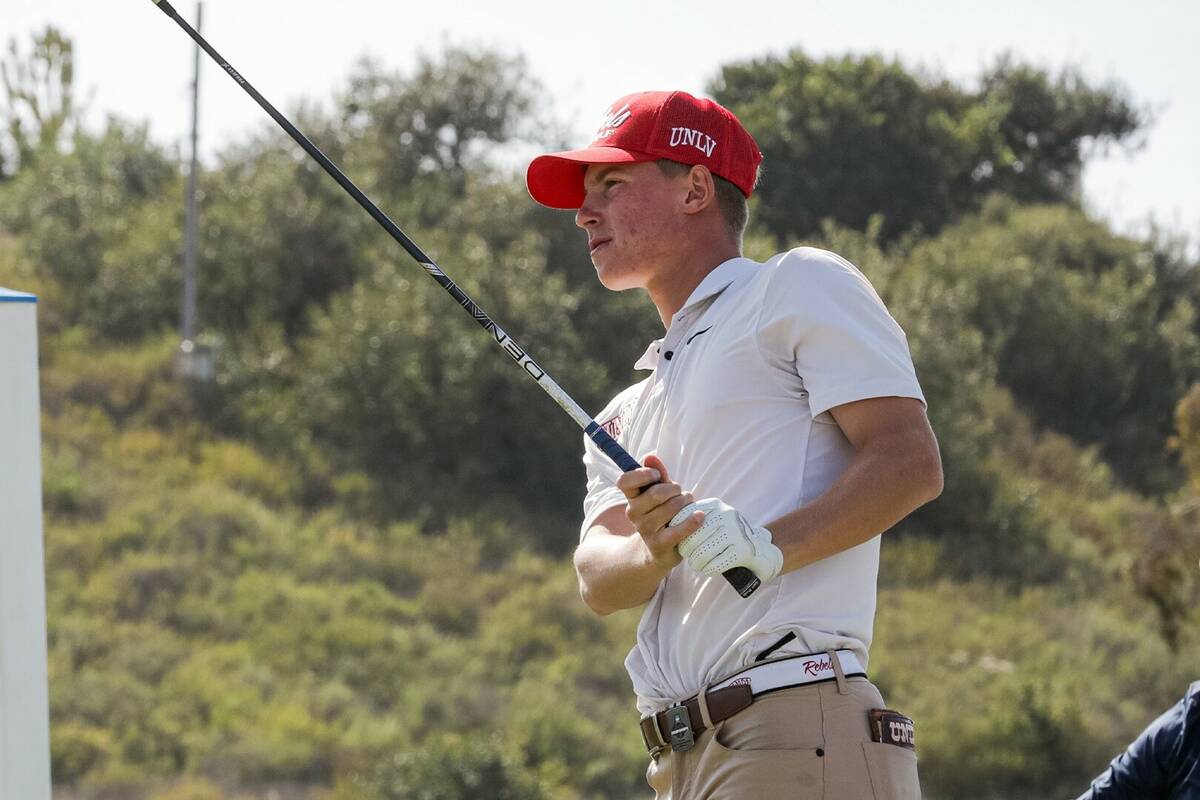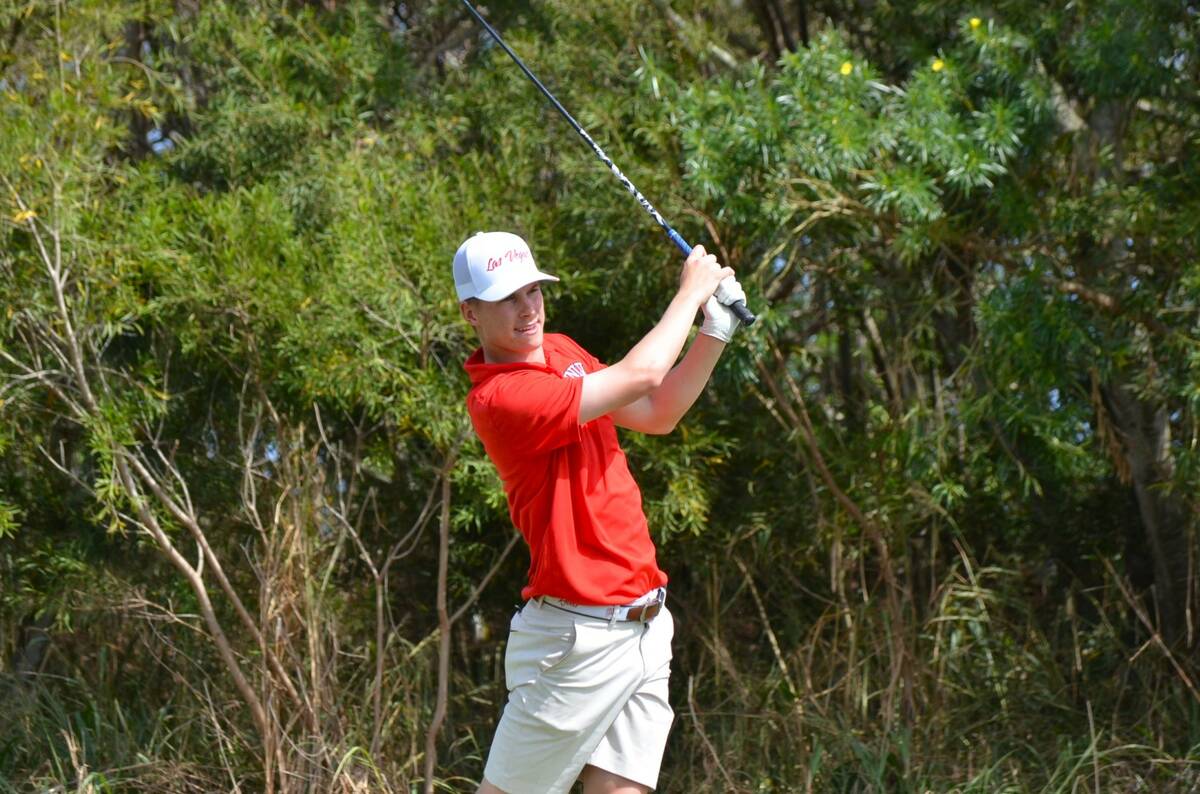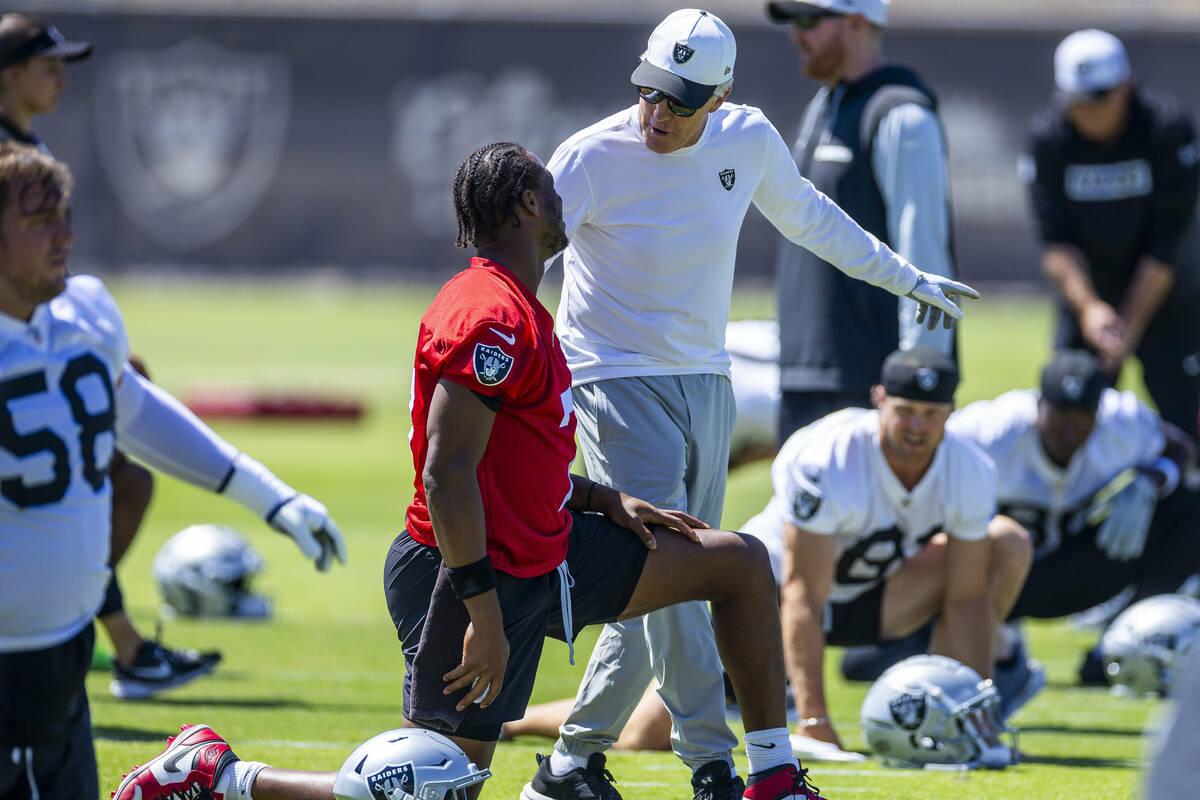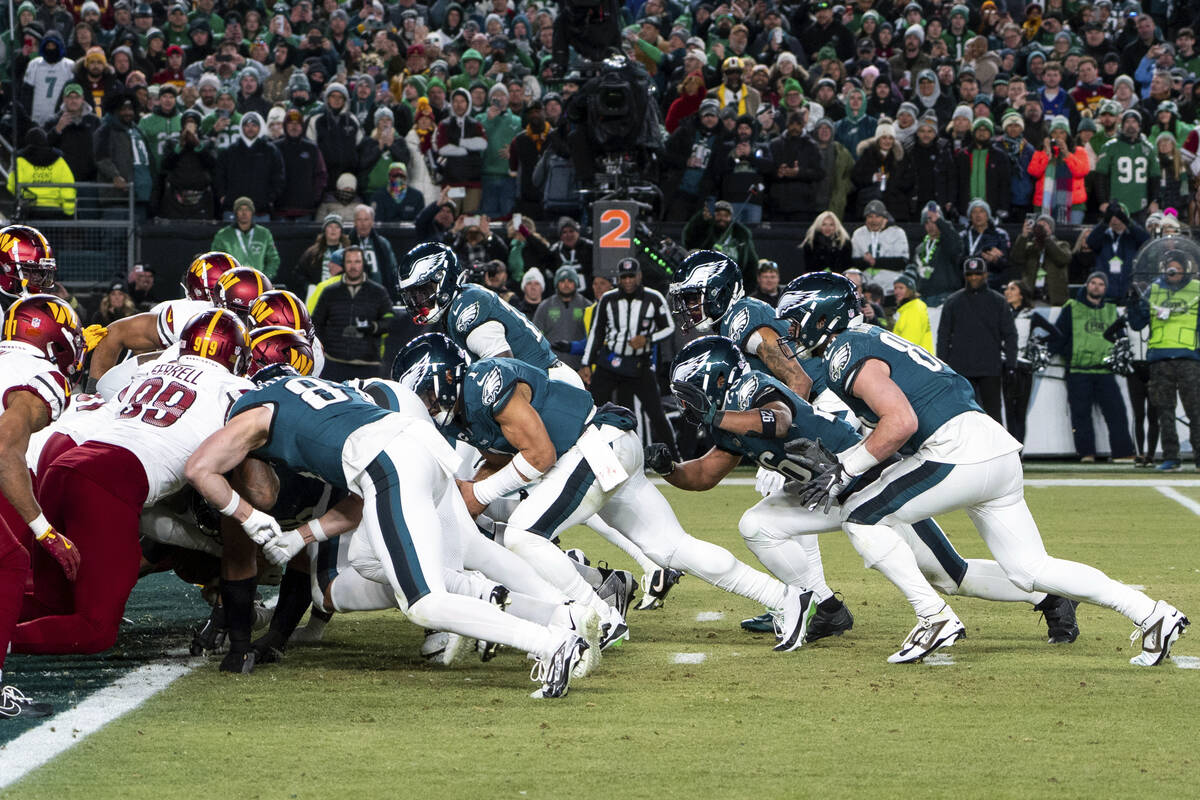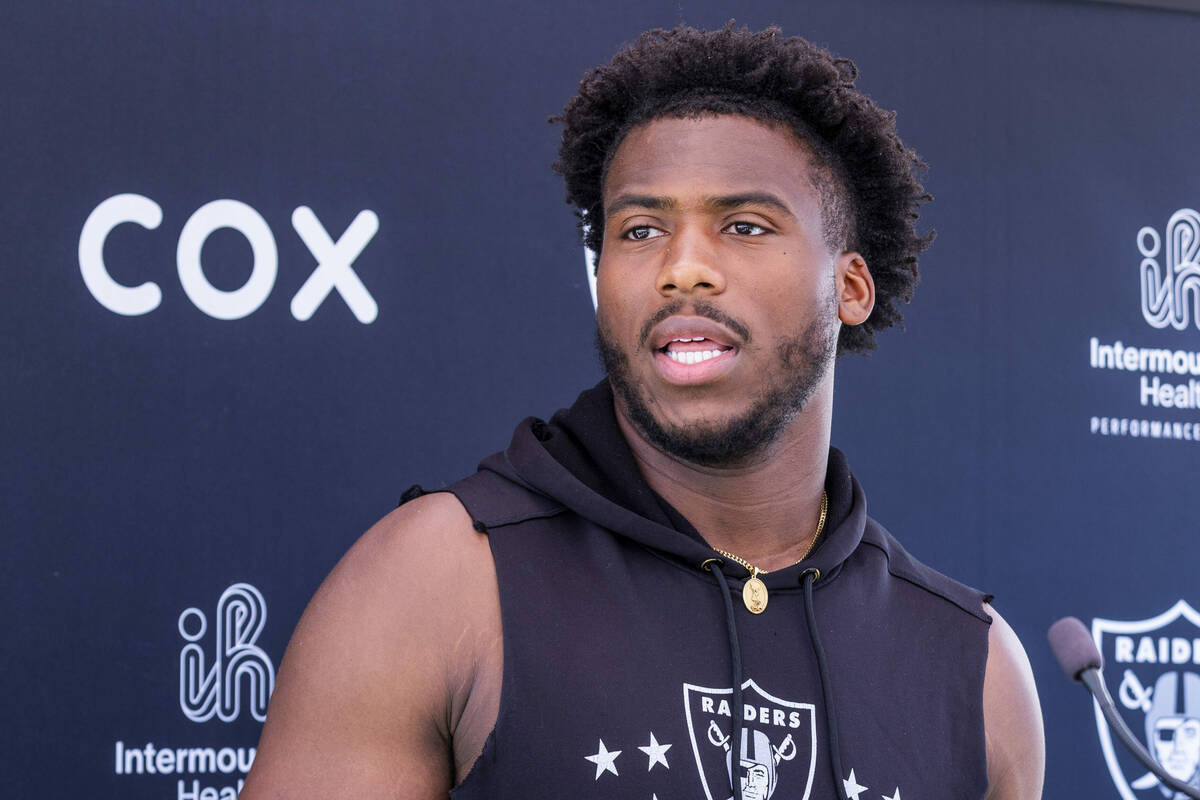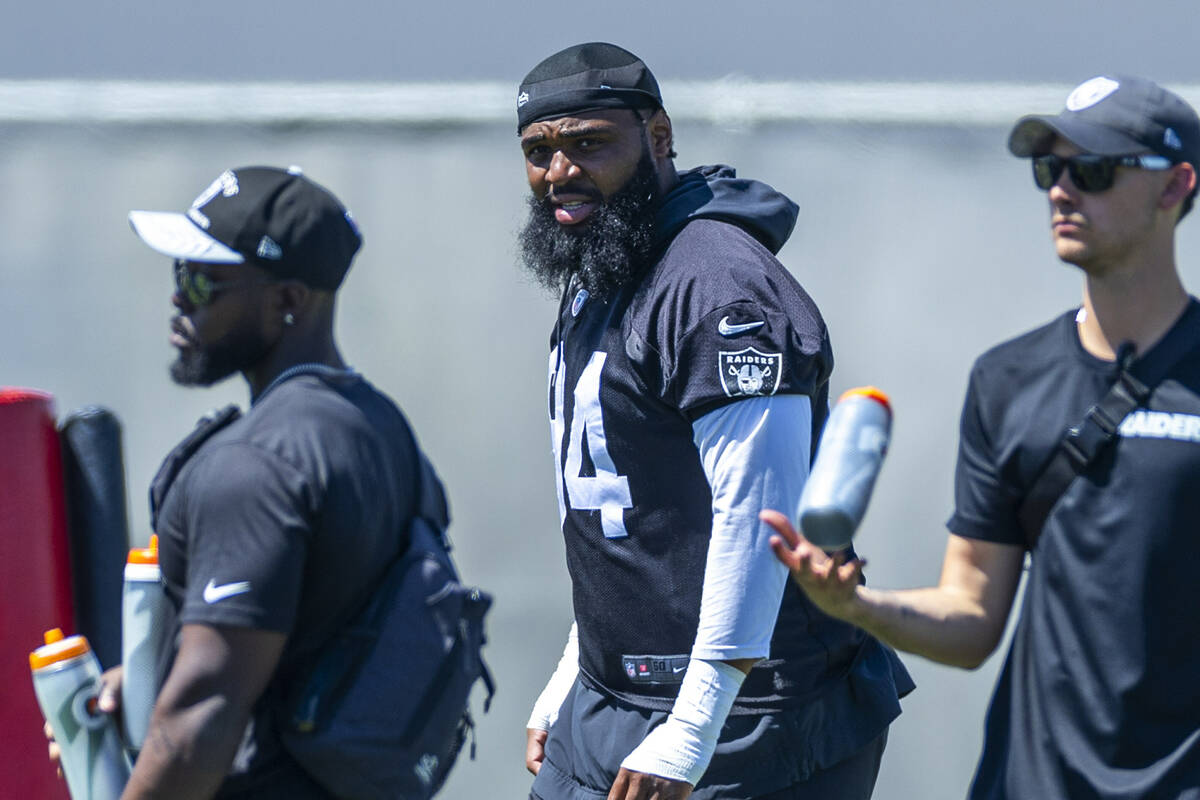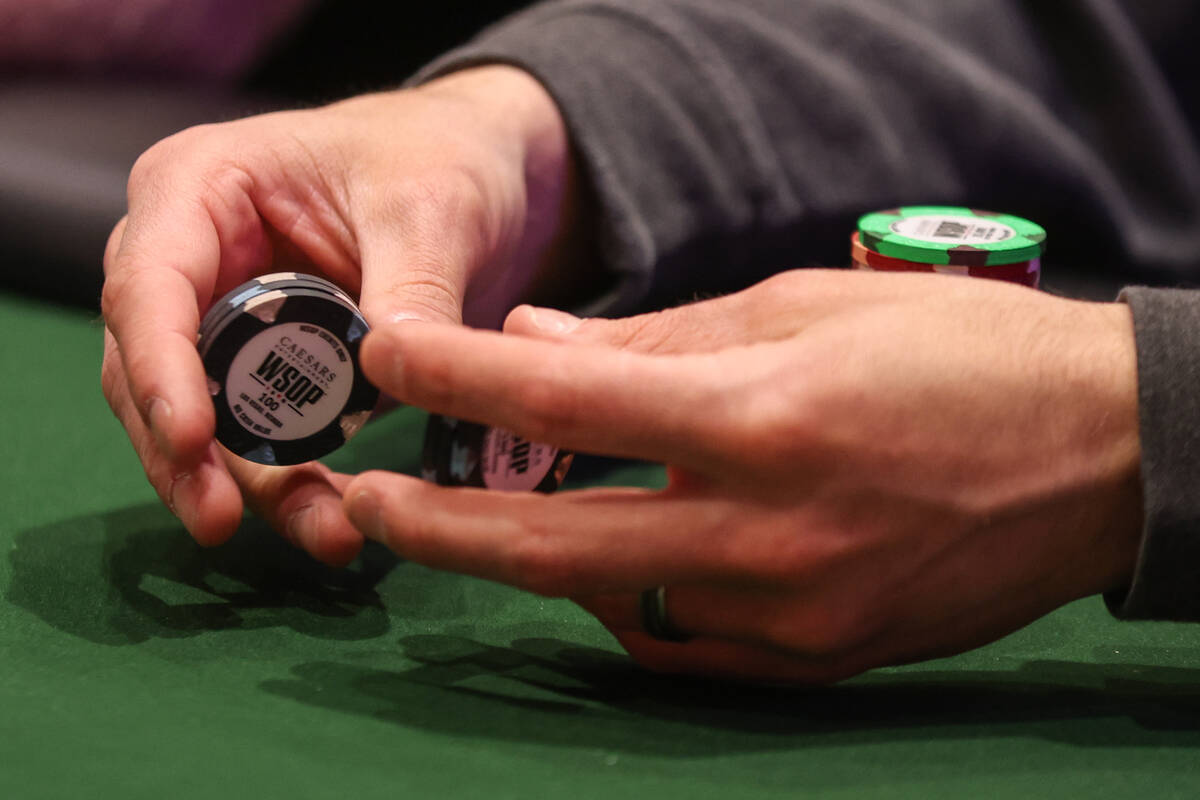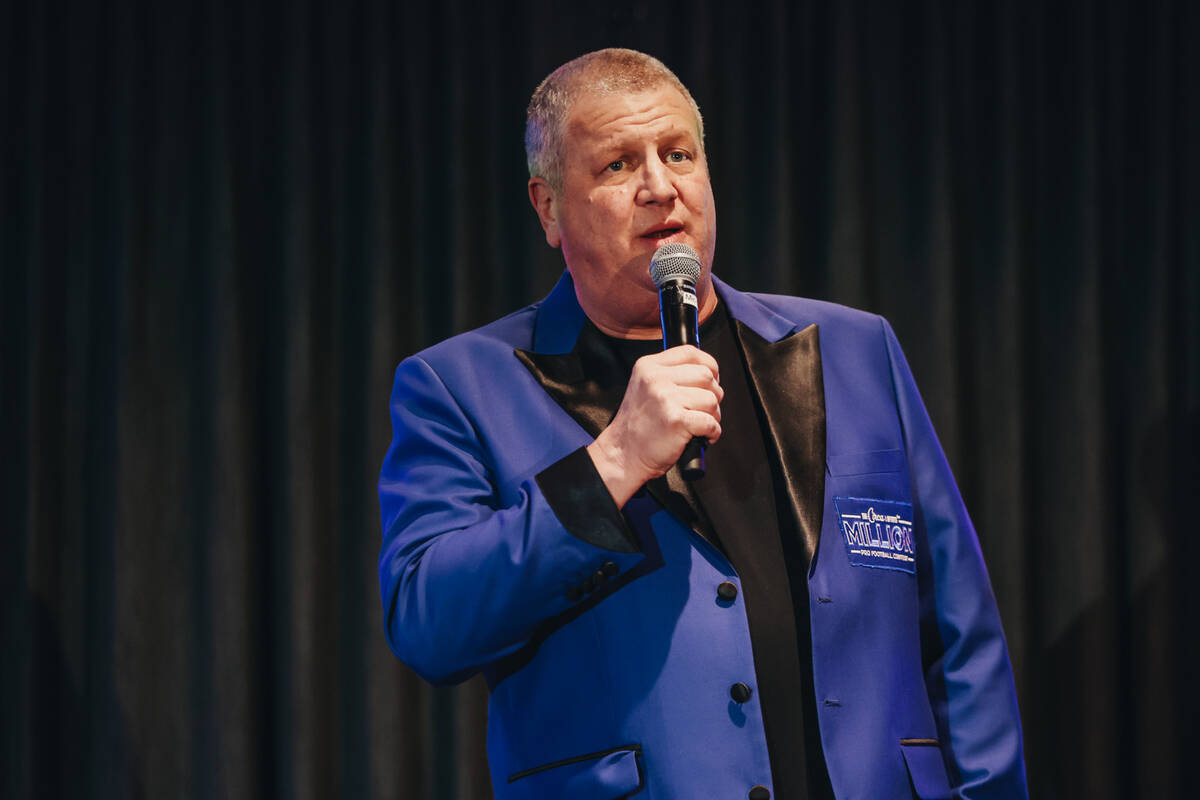Tim Jackson’s year as the executive director of the Nevada Interscholastic Activities Association would have been a busy one for anyone in the role.
Let alone someone’s first year in the position.
Jackson spoke with Nevada Preps about his first year leading the state’s high school sports association and discussed many of the major issues he faced. (Note: Answers have been edited for clarity and length.)
Nevada Preps: What surprised you the most as you began in this role?
Jackson: There’s always talk about how different the North and the South are, that there’s Southern guys and Northern guys. What really caught me was they may have different ways of doing things, but at the end of the day, they get it done for kids and it’s really good. I don’t think they’re as far apart as they think. Perception is one thing, but the reality of it is there are good people in our state doing good things for kids, and I was shocked at how close they really are to doing it the exact same way.
NP: Similar to that with Las Vegas, Reno and the rural areas being so different, what’s been challenging trying to satisfy everyone’s needs and make sure everyone’s heard when making big decisions and working through things?
Jackson: Communication is always going to be important. If you don’t communicate clearly with everyone, they’re left to their own devices to figure out what you were trying to say. The No. 1 thing was making sure I communicated with everyone, from the legislators to the superintendents to the principals to coaches and even to kids and parents. If you know you made the call in the best interest of what’s good for kids and the association, the state and the membership, then you can stand by it.
That’s the one thing I wanted to do this year was establish a good line of communication and open, honest and frank communication and stand by our decisions. That’s one thing we’ve been able to do very well this year.
NP: Is there one thing that stands above the rest that you’re most proud of that you’ve accomplished and that NIAA was able to get done this year?
Jackson: No one works alone. There’s a team, and I’m very fortunate. We tried to replace 60 years of experience with the change in staff when I came along with (former executive director) Donnie (Nelson) retiring and (associate director) Jay (Beesemyer) and other changes. I’m very proud of the team we’ve formulated and built.
Coming in this year knowing that we had to replace a lot of experience, we had to finish realignment, and we had a legislative year, we hit some really big targets and we did some really good things this year. And we’ve got ourselves in a position to continue to move the association forward.
NP: Is there anything that you would like to have done differently in your first year?
Jackson: I wish I could have gotten to more sites, to more schools and seen more kids doing the things that they love. I don’t believe I got to enough. That’s one of my goals for next year. … I think I owe it to all of those kids to try to get events more often.
NP: For football realignment, there’s a radical new format with the points rating system. Why can this format be the one to help with competitive balance in football?
Jackson: No matter what we do in realignment, we’ll never get it perfect. This realignment, we have an opportunity to take a little bit from every interest group that is out there, from schools to coaches to administrators to executive directors to everyone that’s involved in the realignment. We have taken a little bit of everyone’s vision, and we formulated a plan. It moved our state forward in a sense that we’re doing something that’s not unprecedented, but it’s unprecedented in the sense of the way we’ve put it together.
We are pulling data from so many sources, from on-the-field to off-the-field data to interpretive data to factual information to results to projections to everything that goes into high school athletics, and we’re using that to make, I believe, very informed decisions. We’re very excited about the new alignment for football. We expect other sports to look at it and go “That’s very intriguing.” But at the same time, we’ve put it into a system that allows us three years to look at it instead of going two years and then throwing it out again and starting over. … We’re very intrigued by what it’s going to look like at the end of the year, what it’s going to tell us and what we’re going to have.
NP: There are other sports in 5A (with just Southern teams) like basketball (nine teams) and girls soccer (eight teams) with a small group of teams. Is the NIAA going to evaluate the football rating system and possibly use it in other sports that have competitive balance issues?
Jackson: What we could do is see if it works for football, first and foremost. Secondly, we need to look at the makeup of those other sports. Would it work in this format? Football is a very limited sample size. We know exactly what we’re going to get, anywhere from nine to 10 games and we’re going to have that sample for every school that plays football.
Other sports, like basketball, they could have anywhere from 12 games to 30 games. It might be something where this formula and method doesn’t work for basketball. We just don’t know. What we would do is look at this — that’s one of the tasks we were assigned by the Board (of Control) — to look at this in other ways and see, would this work? … It will open up the door for discussion into other sports, or it won’t.
We may say what we have is fine or may say we need to tweak it this way. I don’t ever want to close the door because it costs nothing to listen.
NP: The NIAA updated its policy on transgender athletes. Is it simple to say that the only reason for this change was to mirror the executive order signed by President Donald Trump and follow that?
Jackson: We have an eligibility process in place now that aligns with the executive order that the president issued, and we have implemented it and we’re moving forward with it. That’s the simplest answer to that question. We have our eligibility process, and we have it in line with the executive order.
NP: What’s the biggest challenge with booking venues and getting sites to host playoff and state championship events?
Jackson: We will always try to have the best possible venue, be that a high school, an arena or a giant stadium. We’re always going to work on that. At the end of the day, we have a fiscal responsibility to make sure we’re using our dues and our membership’s money correctly. We have to make sure that we can afford to use those facilities. Those facilities are also in the business of they have to cover their costs. We will always try to find the best venue. We are always open to a conversation. We are always open to anyone willing to help offset our costs.
We’re very fortunate with our relationship with the Las Vegas Raiders, and I cannot thank them enough for what they do for the kids of Nevada by opening their doors for us — not just for football, but they opened their doors to us this year for flag football. … Venues are a serious cost, and we have to make sure we’re using our finances correctly.
NP: What are some goals you have for Year 2?
Jackson: I want to get to more events. As I start Year 2, that’s one of my big personal goals. Two is to prioritize my family. They have been wonderful this year as I’ve transitioned into this role. I’m very thankful for their support.
Professionally, the one thing I’ve always had instilled in me at a very young age by my parents was that education never stops. … That is something I need to pay forward again, and in this position I want to work with our coaches and administrators in an educational platform, like really provide some support and training for their member schools and leadership teams and coaches to help them have the best possible experience for the kids that come to their schools in everything.
NP: What are some challenges or obstacles that could face high school sports, especially in Nevada, in the coming years?
Jackson: The landscape of high school athletics is dynamic. It’s always changing. With the advent of NIL (name, image and likeness payments) in the college ranks, it’s going to filter into high school. Everything that athletics develops always seems to filter from the bottom up or the top down. We are not youth leagues. We are high school education-based athletics. We are not professionals. Our kids do not get paid to play. They choose to play.
That landscape is changing very rapidly. That’s one of the things that we’re monitoring very closely, what’s going on in other states, what they’re doing with eligibility, what they’re doing with NIL, what they’re doing with coaches, education and the health of our athletes.
Contact Alex Wright at [email protected]. Follow @AlexWright1028 on X.

